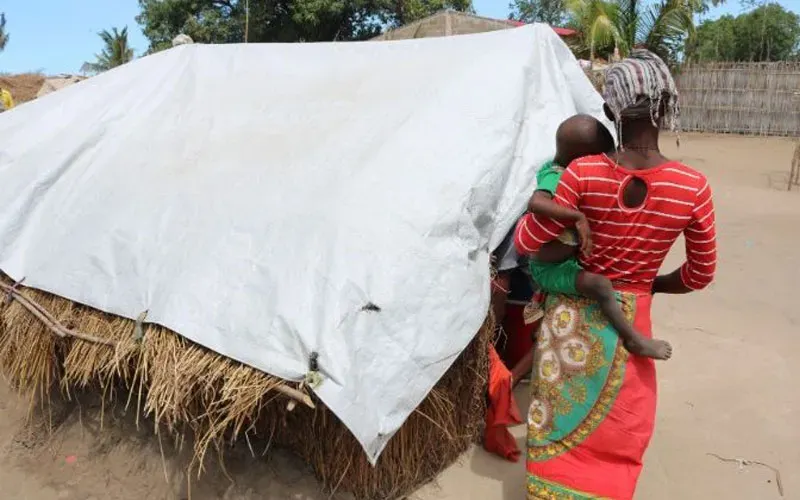Cabo Delgado, 02 March, 2023 / 5:51 pm (ACI Africa).
The United Nations World Food Program (WFP) has admitted that it may not be able to sustain the food needs of victims of the earthquake in Syria, a situation that the Denis Hurley Peace Institute (DHPI) says paints a grim picture for others relying on UN aid.
In a report shared with ACI Africa on Wednesday, March 1, DHPI Director, Johan Viljoen, says that the WFP announcement on February 27 had “raised fears in Mozambique” that many internally displaced people living in the country may starve.
“The war in Syria and the recent earthquake have placed the country at the top of the list of international concerns. If WFP is unable to raise the funds to provide humanitarian assistance in Syria, it will almost certainly not be able to do so in Mozambique,” Mr. Viljoen says.
The Director of the peace entity of the Southern African Catholic Bishops’ Conference (SACBC) told ACI Africa that already, people who have been displaced in Cabo Delgado and are now living in Nampula Province in Northern Mozambique have gone for months without receiving any food aid from WFP.
“The last food deliveries in Nampula were given in December. Nothing was given in January by the World Food Program. I went and spoke with the Director of Caritas Nampula himself. People in Nampula were told that there are no more funds. And in February, they waited and nothing was given,” Mr. Viljoen said in an interview with ACI Africa Thursday, March 2.








